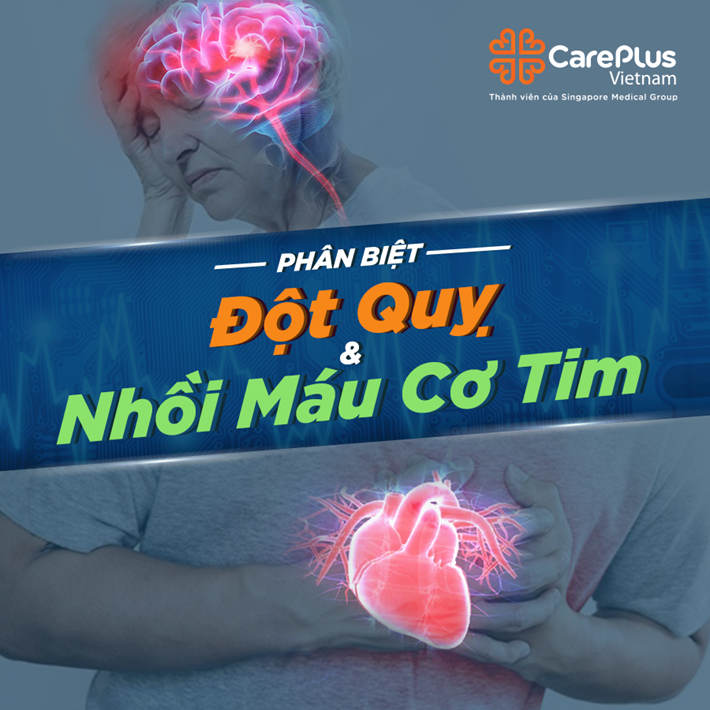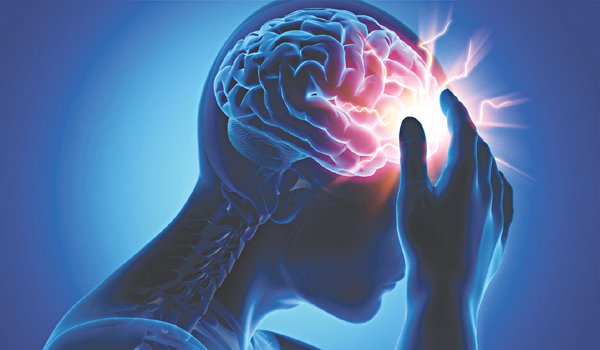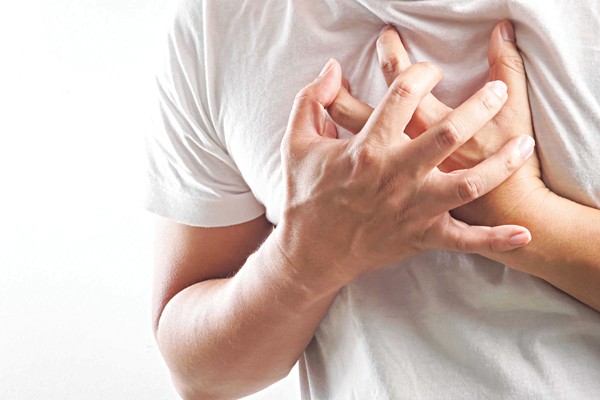UNDERSTANDING STROKES & HEART ATTACKS AND EFFECTIVE PREVENTION METHODS
What is a stroke? What is a heart attack? And how can we effectively prevent these diseases?

4/18/2023 11:28:16 AM
Most people are aware of the high risk and sudden occurrence of stroke and heart attack, which can lead to death. However, few people know that the underlying cause of both conditions is often related to the formation of blood clots that cause arterial blockages. This misconception has led to confusion in emergency response situations. So, what is a stroke? What is a heart attack? And how can you effectively prevent these conditions?
Differentiating Between Stroke and Heart Attack
STROKE
A stroke, also known as a cerebrovascular accident, occurs when blood flow to the brain is interrupted or reduced due to a ruptured blood vessel in the brain. This results in a significant decrease in oxygen and nutrients that nourish brain tissue. If this condition persists, brain cells begin to die after a few minutes.
🔸 Symptoms: Early recognition of a stroke can be achieved with the F.A.S.T rule:
▪️ Face: One side of the face droops or is numb. The person may not be able to smile or their smile may be uneven.
▪️ Arms: One arm is weak or numb. The person may not be able to raise both arms or one arm.
▪️ Speech: The person's speech is slurred or they cannot speak at all.
▪️ Time: If any of these symptoms occur, it is crucial to seek medical attention immediately.
🔸 Consequences: A stroke can have severe consequences on the brain, resulting in partial or complete paralysis of the body. Some complications include:
▪️ Brain swelling
▪️ Seizures
▪️ Cognitive impairment
▪️ Loss of language function
▪️ Stiffness and difficulty moving arms and legs ▪️ Deep vein thrombosis (DVT)
🔸 Treatment:
▪️ Emergency care
▪️ Aggressive treatment to reduce brain swelling
▪️ Specific treatment based on the type of stroke
▪️ Symptomatic treatment
▪️ Treatment to restore electrolyte balance
▪️ Surgery or stem cell therapy to repair brain tissue
▪️ Preventive treatment to avoid recurrence

HEART ATTACK
A heart attack, also known as acute myocardial infarction, is a cardiac disorder that occurs when blood flow to the heart muscle is suddenly blocked by one or more blood clots in the coronary arteries. If not treated promptly, heart muscle cells begin to die, leading to impaired cardiac function and potential heart failure.
🔸 Symptoms:
The signs of a heart attack may include:
▪️ Chest pain or discomfort that radiates to the arms, neck, jaw, shoulder, or back.
▪️ Shortness of breath
▪️ Sweating
▪️ Nausea or vomiting
▪️ Dizziness or lightheadedness
▪️ Unusual fatigue
🔸 Consequences: A heart attack can have severe consequences, such as:
▪️ Irregular heart rhythms
▪️ Heart failure
▪️ Cardiogenic shock
▪️ Sudden cardiac arrest
▪️ Stroke
▪️ Kidney damage
🔸 Treatment:
▪️ Emergency care
▪️ Medications to reduce blood clot formation
▪️ Medications to control blood pressure and cholesterol levels
▪️ Coronary angioplasty and stenting
▪️ Coronary artery bypass graft surgery
▪️ Lifestyle modifications to prevent recurrence

HOW TO PREVENT STROKE AND CORONARY HEART DISEASE
Stroke and coronary heart disease are acute and dangerous diseases that are showing signs of rejuvenation, not only affecting the elderly. Therefore, each of us should actively prevent these diseases to avoid regrettable consequences.
For people with cardiovascular disease, it is necessary to screen their heart every 6 months or 1 year. Healthy individuals should also undergo regular health checks to help detect the earliest signs of stroke and potential underlying diseases. From there, doctors will have timely treatment measures to prevent the disease from progressing.
In addition, it is important to control and treat underlying conditions that increase the risk of stroke and coronary heart disease such as diabetes, high blood pressure, and high cholesterol. Developing a healthy diet, quitting smoking, limiting alcohol consumption can also prevent the process of artery hardening and increase the risk of disease recurrence. Regular exercise is also one of the effective ways to prevent heart disease and stroke. However, it is important to choose gentle exercises such as qigong, walking, and yoga.
Screening for heart disease and regular health check-ups are the most effective ways to prevent coronary heart disease and stroke. Currently, CarePlus International Clinic provides heart screening packages with in-depth medical examinations to detect early signs of disease. From there, a correct diagnosis and treatment plan can be tailored to each patient's health condition.